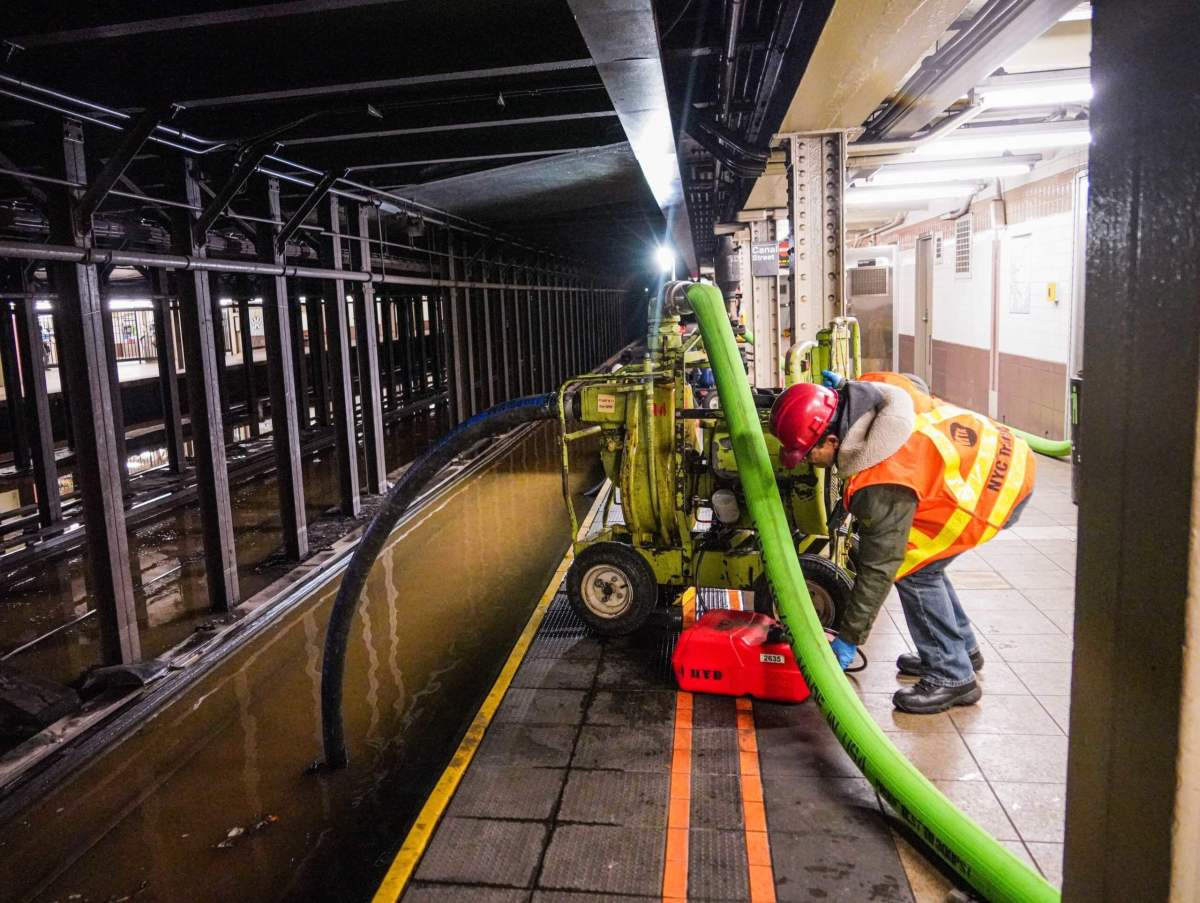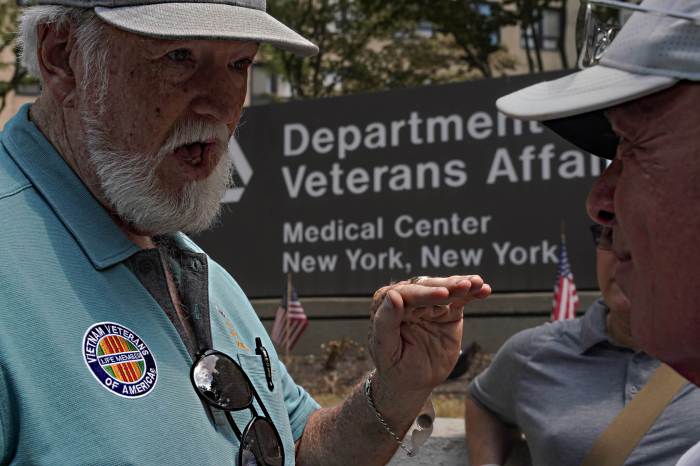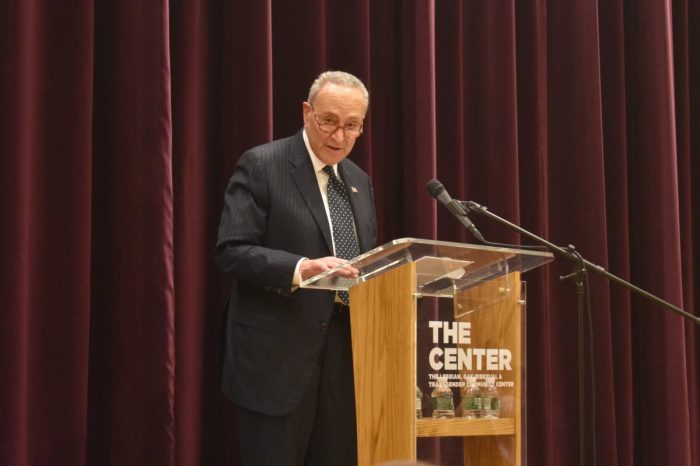Two New York federal legislators are looking to dedicate $300 million each year in federal funds toward resiliency improvements for the nation’s public transit systems.
Senator Kirsten Gillibrand and Congressman Adriano Espaillat, who represents upper Manhattan and the Bronx, introduced the Resilient Transit Act of 2022, which would give the additional funds to various government agencies overseeing public transit around the country, each year between 2023 and 2026.
Gillibrand, who has represented the Empire State in the nation’s upper chamber since 2009, noted Superstorm Sandy of 2012 in explaining the urgency of this new funding. She said the money was necessary to ensure that transit agencies had enough funds to combat the ongoing effects of climate change.
“Ten years ago, Superstorm Sandy crippled the New York City subway, leaving millions without a reliable way to get around,” said Gillibrand in a statement. “We’ve all seen videos of water cascading down subway stairs and commuters wading through stations with water up to their waist; we can’t wait until the next devastating storm to fix the weaknesses in our transit system that these storms have exposed.”
“The Resilient Transit Act will help the MTA and transit agencies across the country make proactive upgrades to subways, trains, buses, and ferries so that they can prepare for future severe weather events and natural disasters and continue to provide the services millions rely on each day.”
That legislation may, however, be doomed in a split Congress, where Republicans have won control of the House of Representatives in the midterm elections earlier this month. Still, the pair of pols said they will fight for the funds.
“As we see extreme weather events and climate change heavily impact the lifecycle of public transportation, we must act to ensure the integrity of these systems, the protection of vulnerable communities, and the investments of taxpayer dollars,” said Espaillat.
Nearly four million people ride public transportation in New York — with 3,731,124 people boarding MTA vehicles on Nov. 17, when the latest data is available. That equates to nearly 70% of pre-pandemic ridership levels.
“Many Americans rely on public transit as their primary means of transportation, and when these systems are disrupted by extreme weather events, their ability to commute is hampered or even removed,” Espaillat said.
The pair of legislators noted that subways in particular are vulnerable to extreme weather, which has become more common in recent years. After Sandy, the subway system was shut down for over two days, and took several weeks to fully recover.
“Sandy flooded much of New York City, including the subway system, rendering tracks unusable,” Espaillat noted. “Whereas, measures have been taken to reduce this risk, more can still be done. Our legislation aims to bolster federal funding to increase resiliency of transit systems so communities will be ready when these unforeseen disasters occur.”
Beyond unforeseen storms, transit agencies around the 50 states are also struggling to keep up with costs to function as normal, and have little room in their budgets to proactively address resilience concerns.
If successful, their legislation would appropriate funds based on the “State of Good Repair” formula set out by the federal Department of Transportation, which takes into account daily ridership numbers, and the current state of funding for those agencies receiving grants.
Advocates for public transit hailed the newly-introduced legislation as necessary for the MTA to maintain and improve the services they deliver to New Yorkers.
“The Resilient Transit Act is essential legislation to safeguard our basic infrastructure,” said Danny Pearlstein of the Riders Alliance. “Federal funding will help New York cope with extreme heat and rainfall in the subway to keep New Yorkers moving. By taking greater federal responsibility for transit infrastructure, Senator Gillibrand and Representative Espaillat will also further enable Governor Hochul to invest in the frequent transit service that New York’s recovery hinges on.”
















